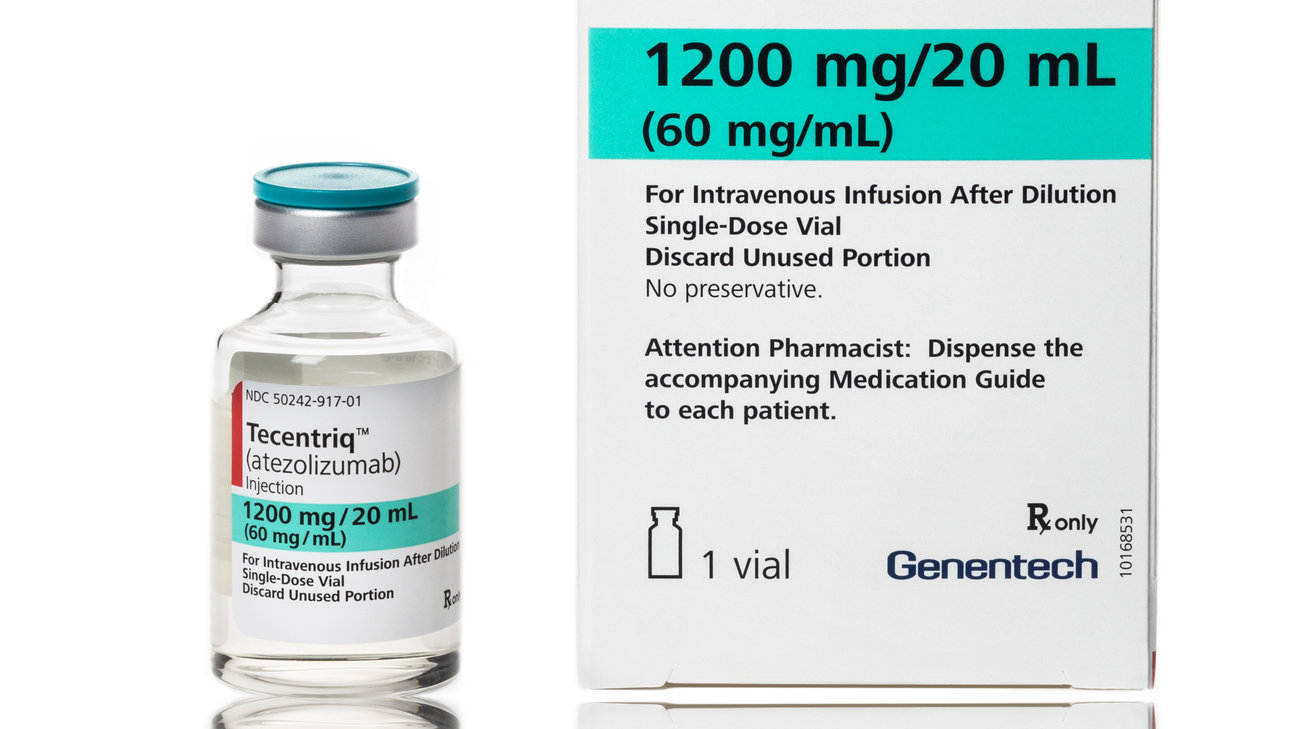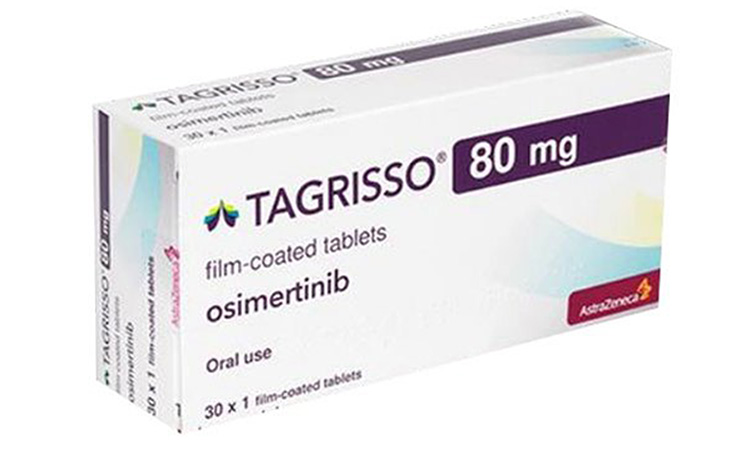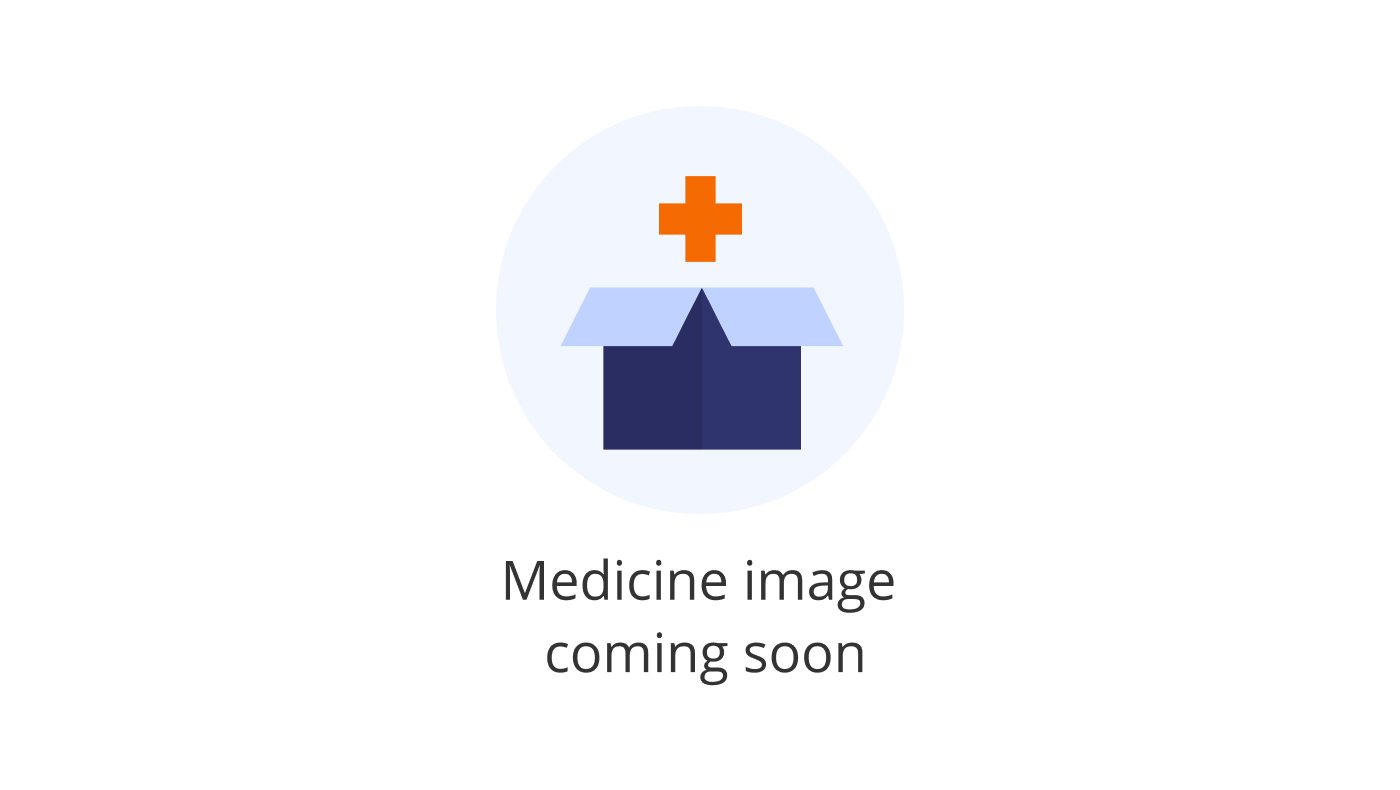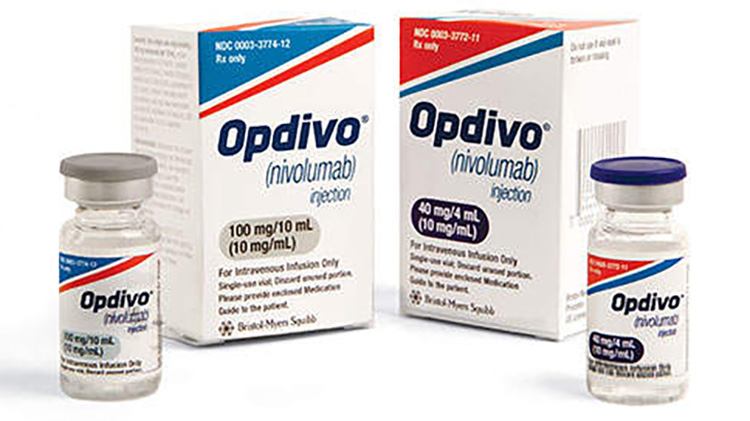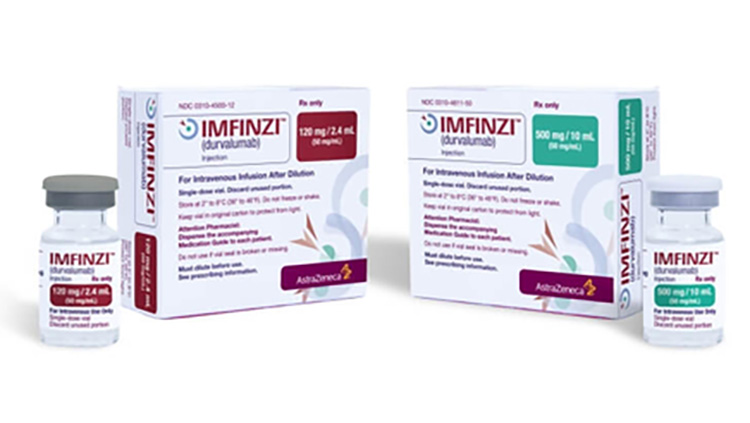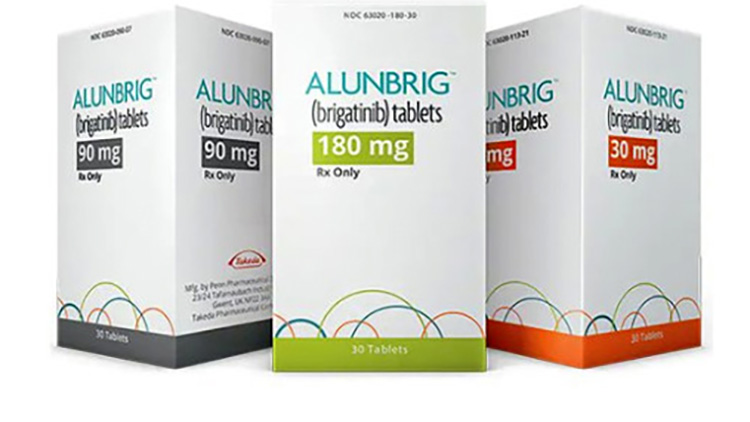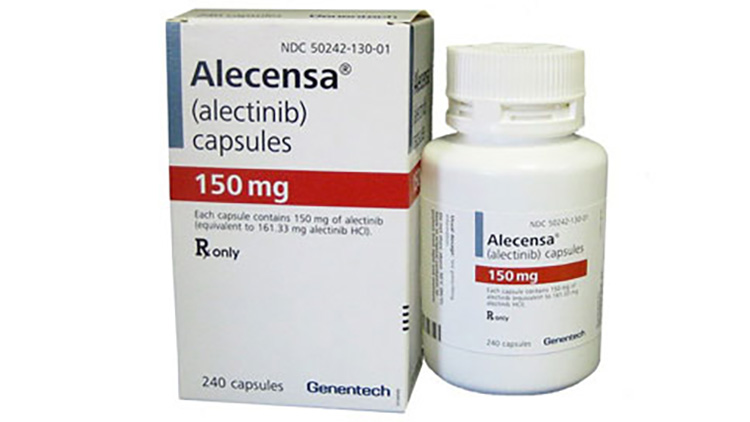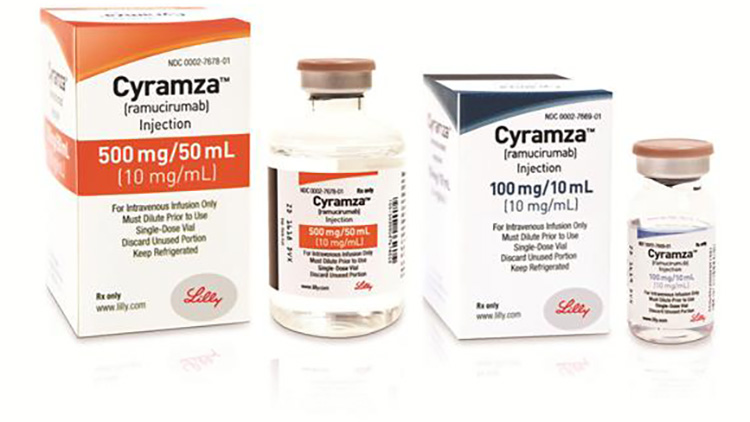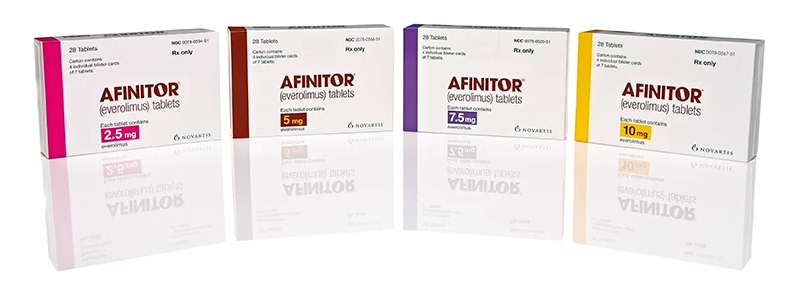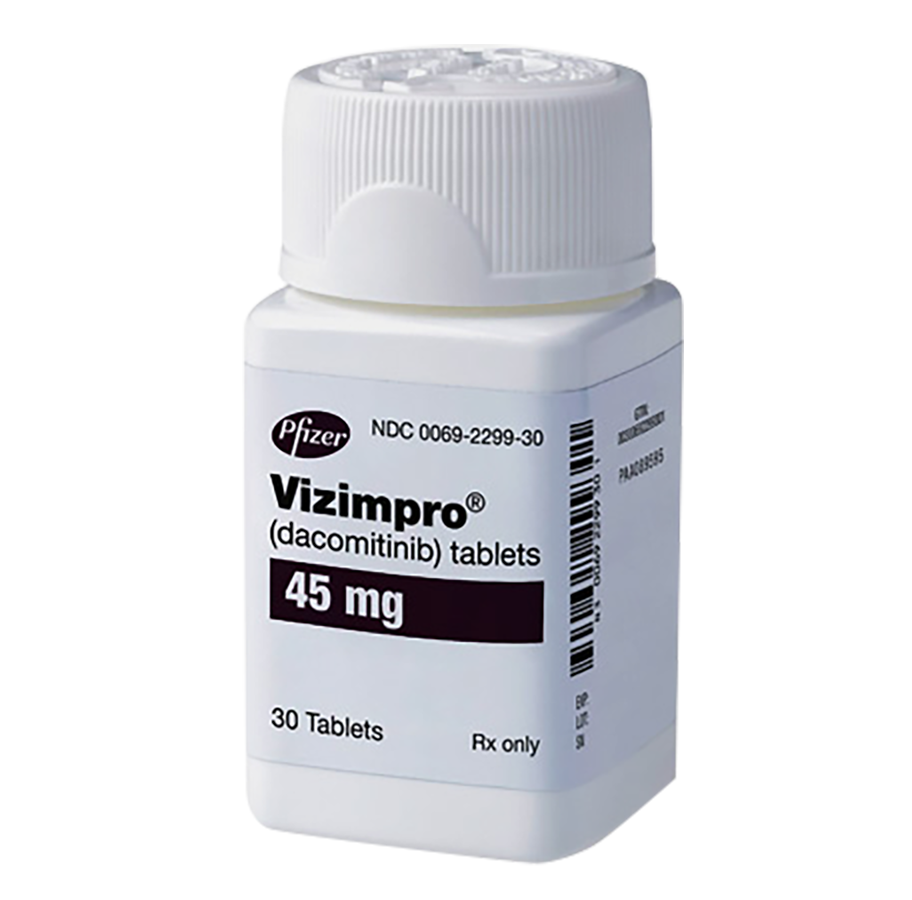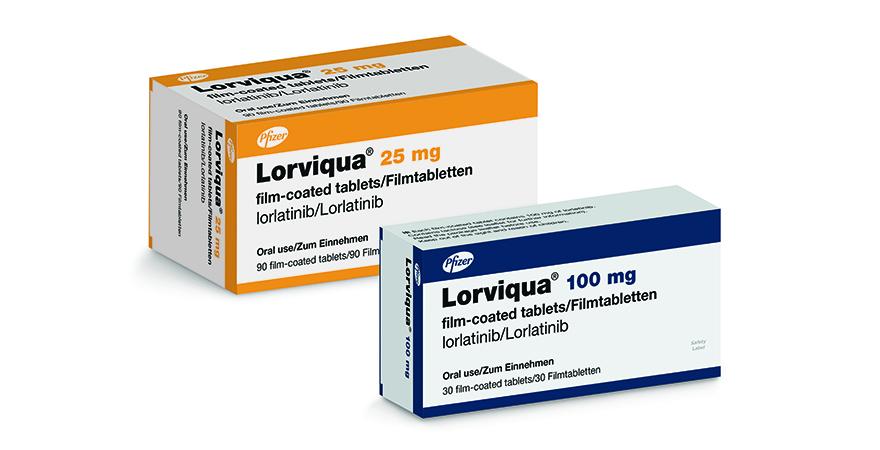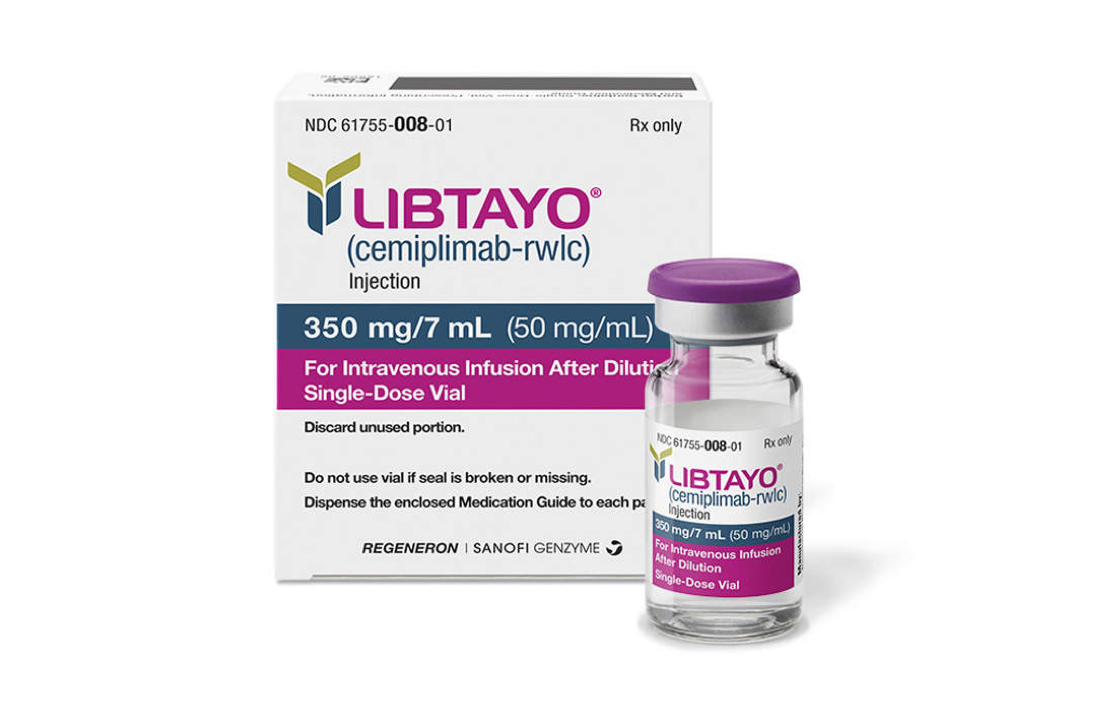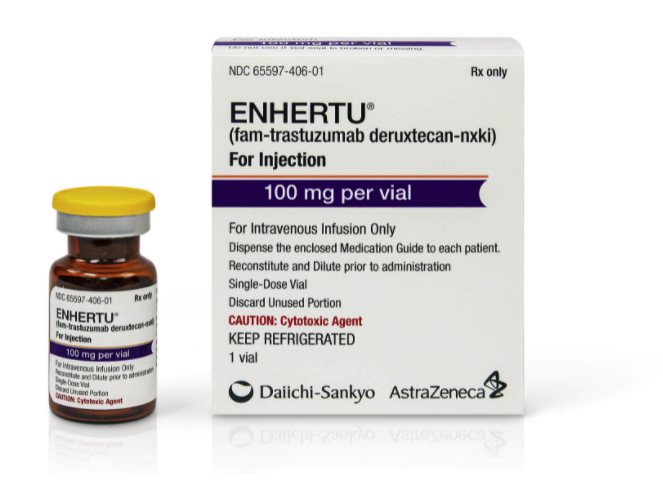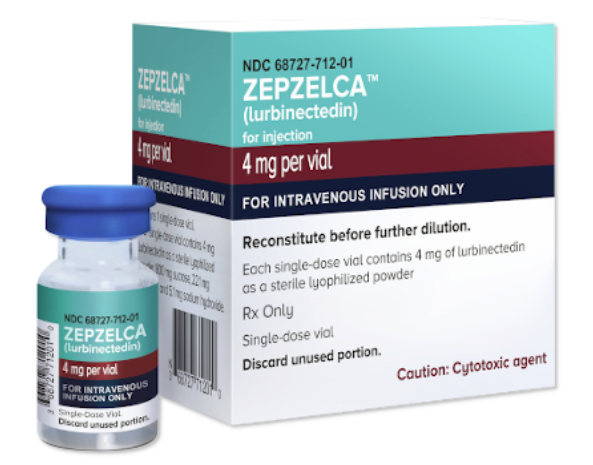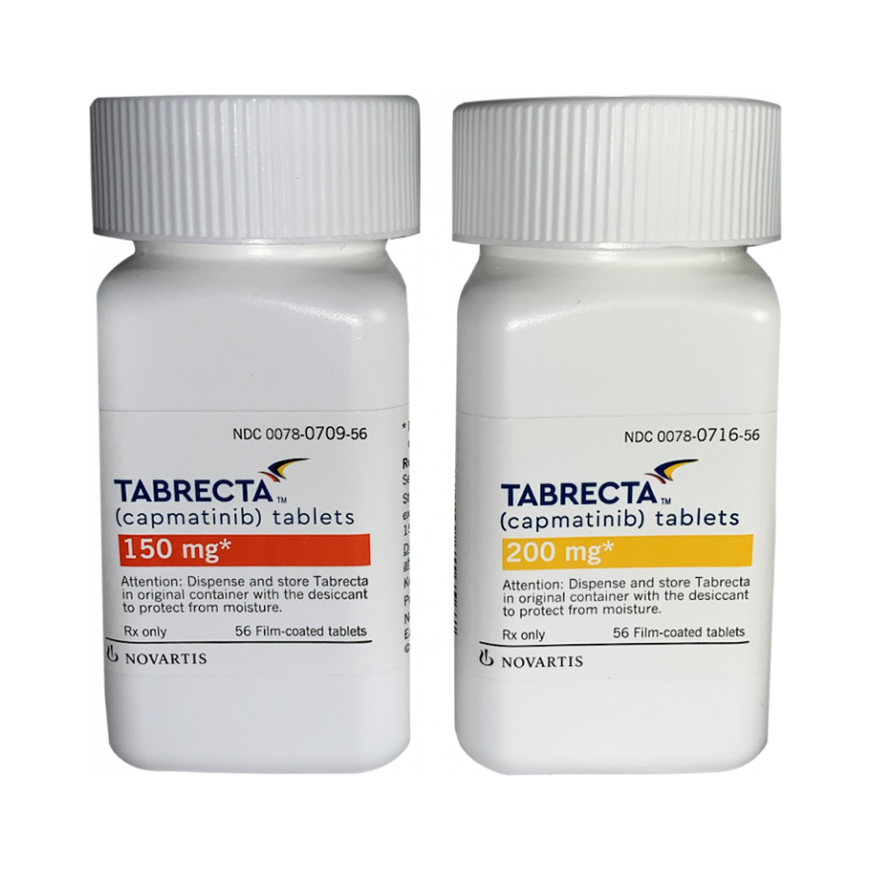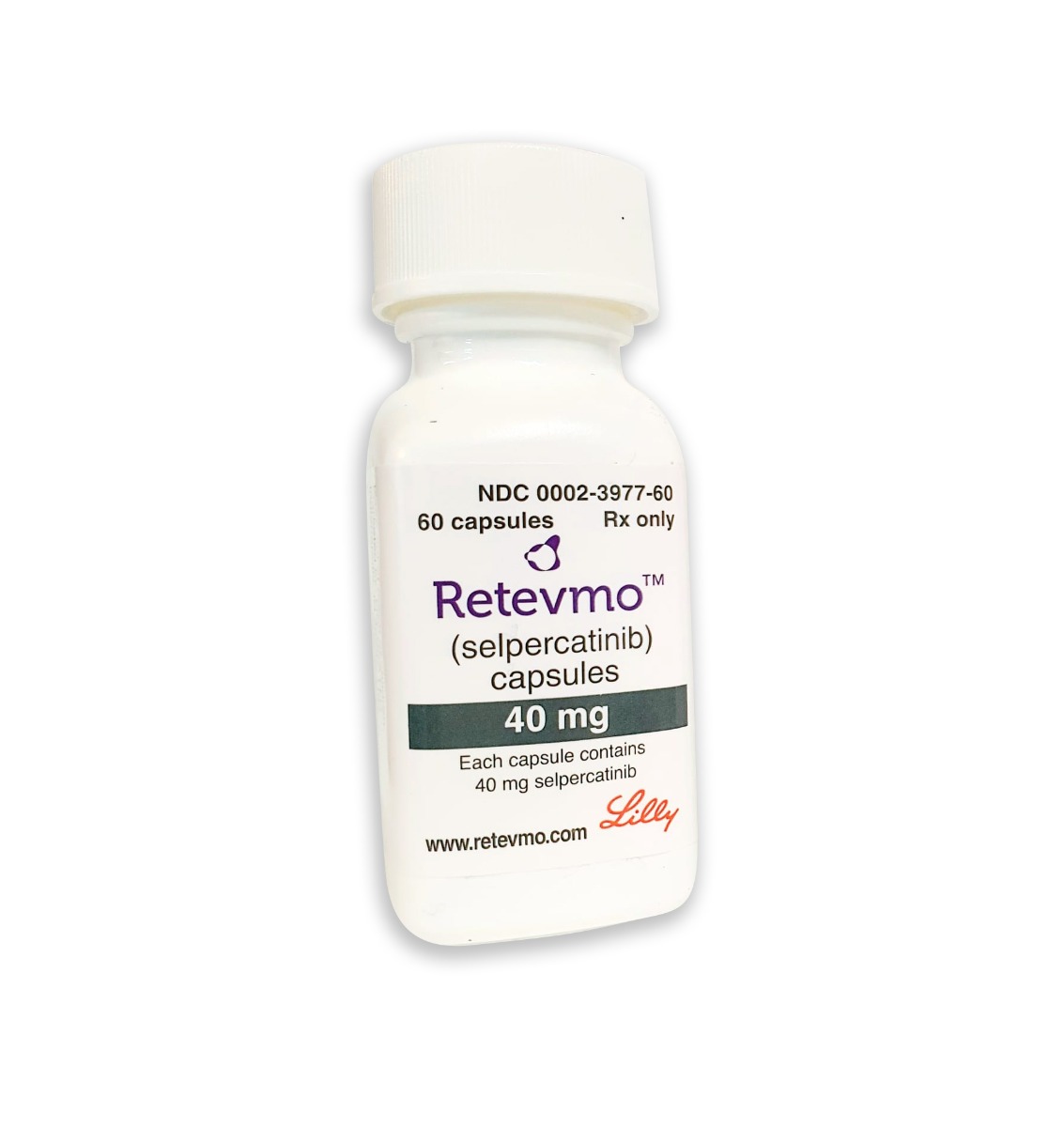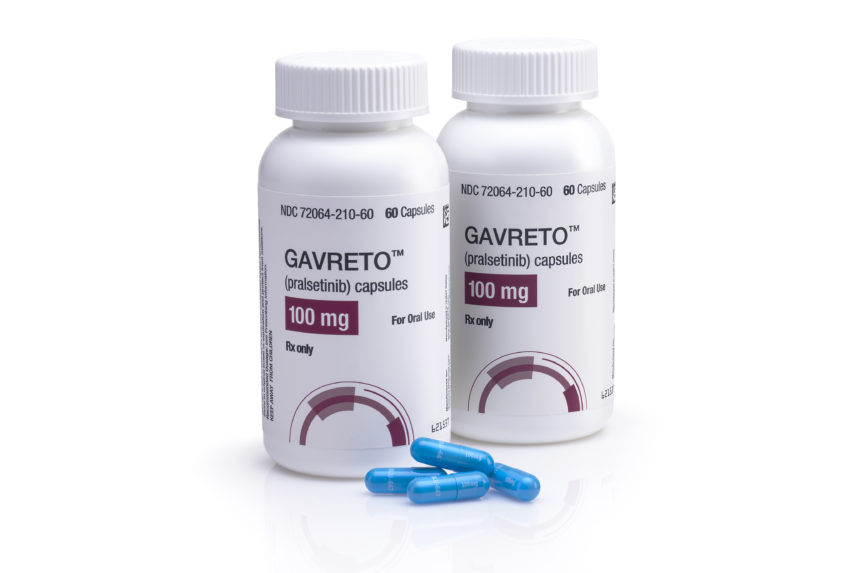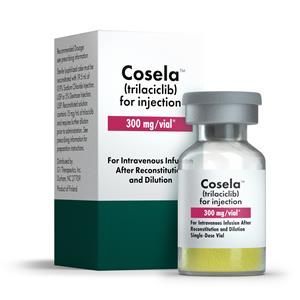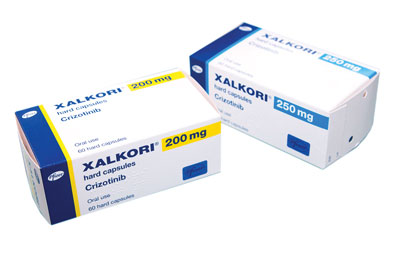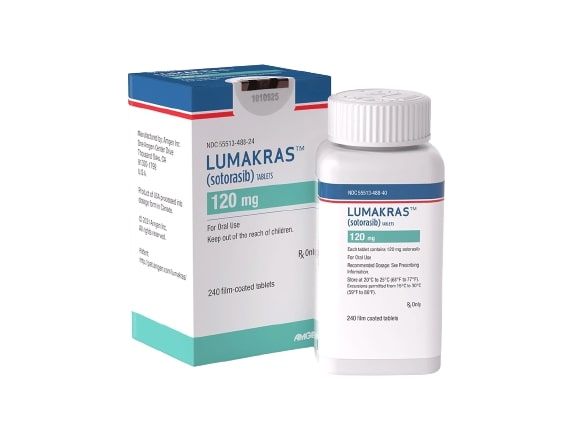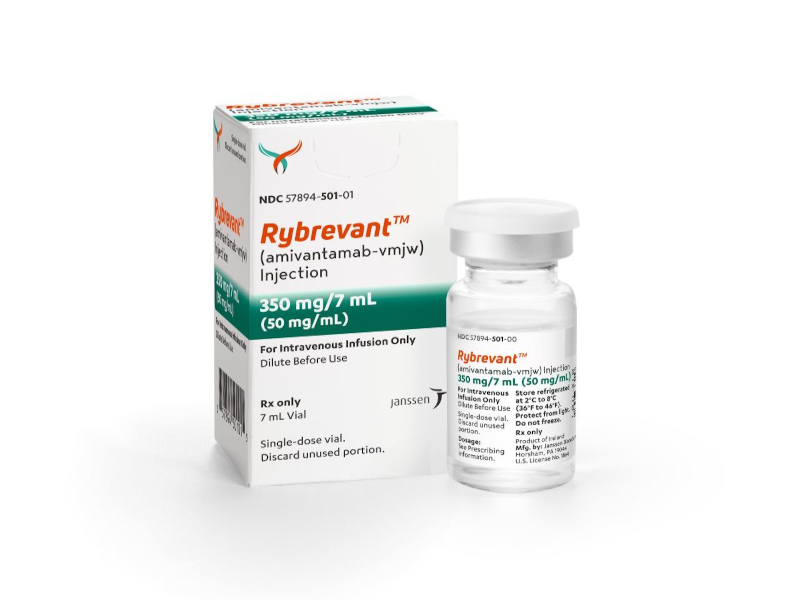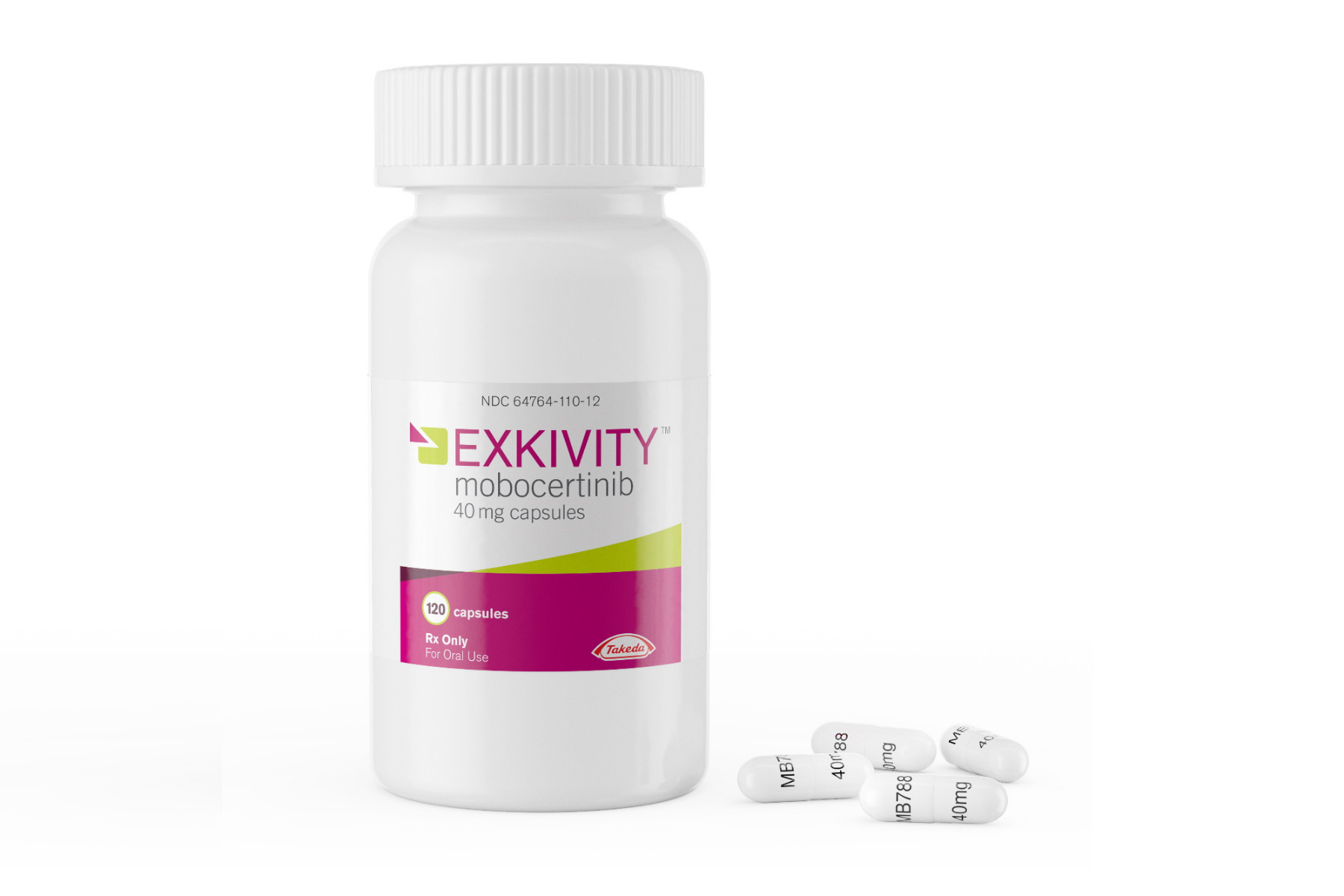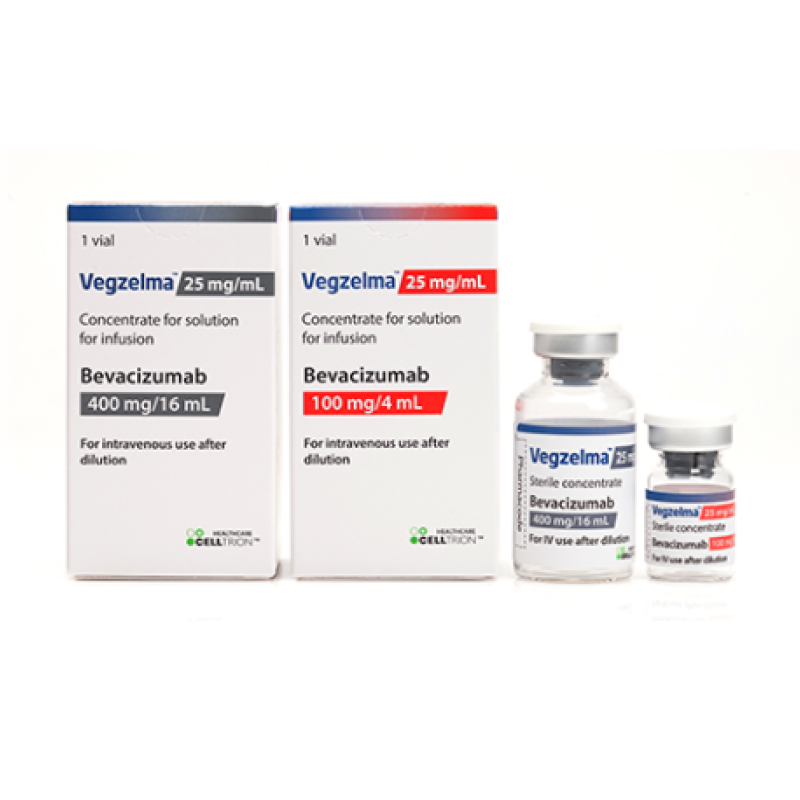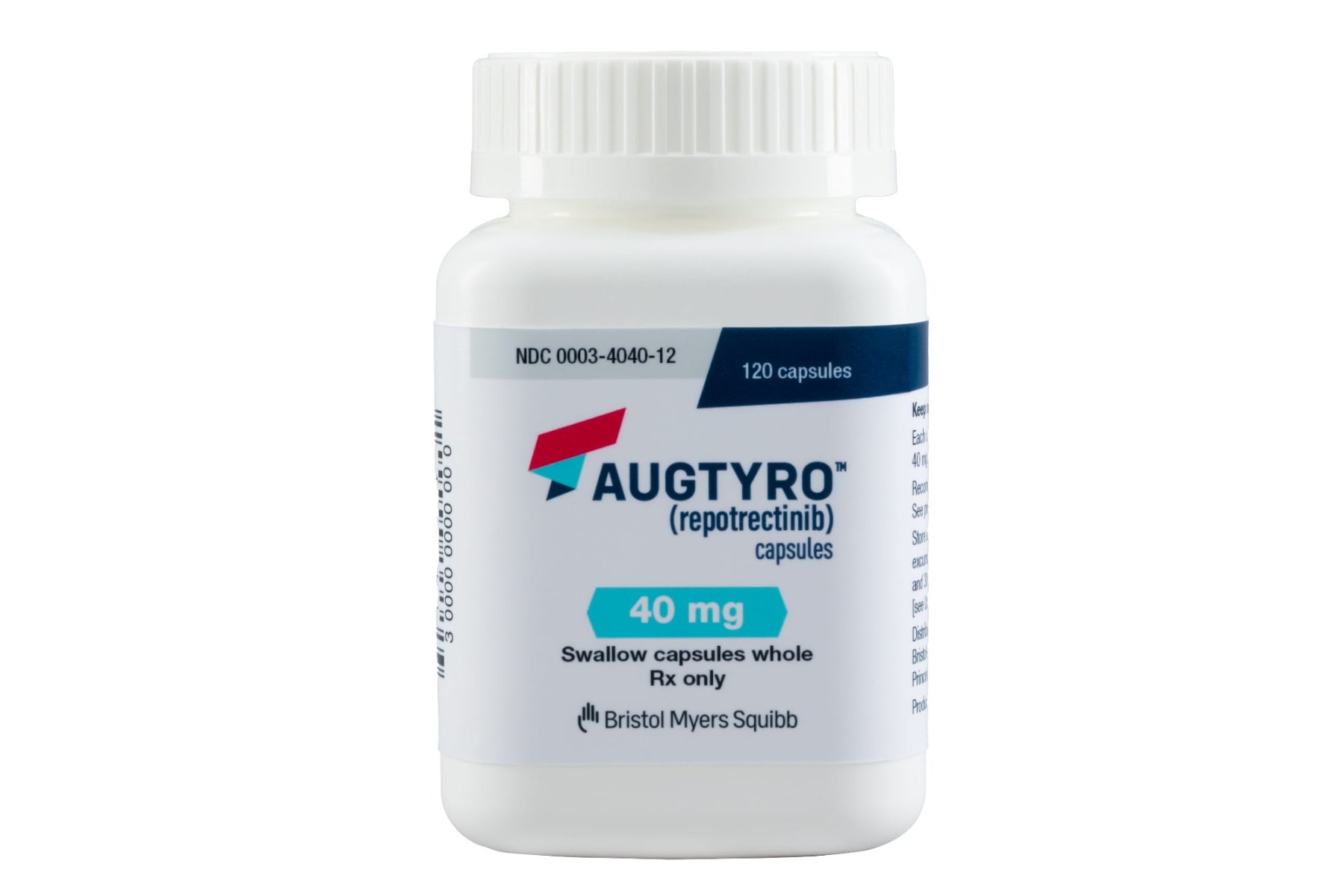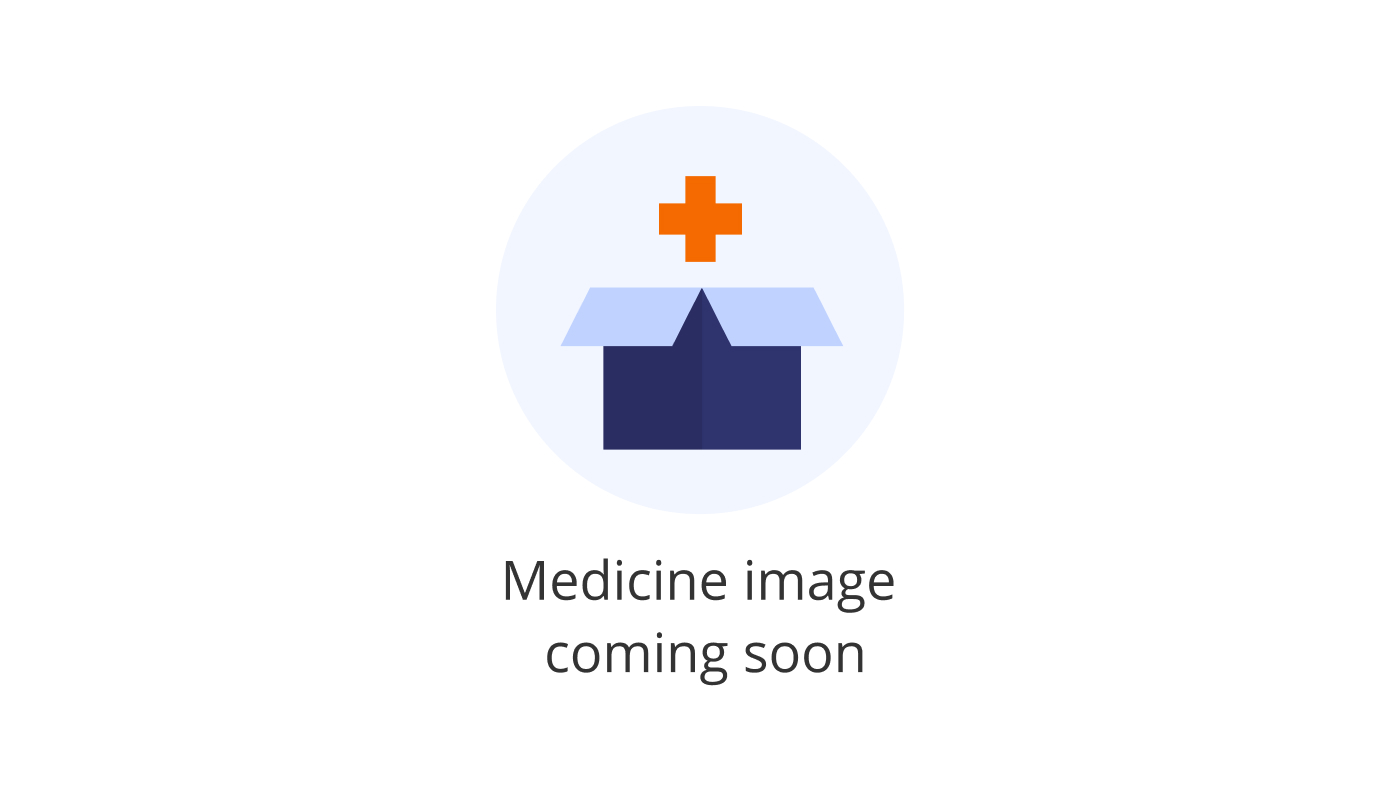New Lung Cancer treatments 2024
New Lung Cancer Treatments 2024
Lung cancer is a type of cancer that begins in the lungs, which are two spongy organs in the chest responsible for breathing. It is one of the most common types of cancer worldwide and is often associated with smoking, although non-smokers can also develop lung cancer. There are two main types of lung cancer: non-small cell lung cancer (NSCLC), which is the most prevalent, and small cell lung cancer (SCLC), which tends to spread more quickly. Symptoms may include a persistent cough, coughing up blood, chest pain, shortness of breath, and unexplained weight loss. Early detection through screening can improve the chances of successful treatment, but lung cancer is often diagnosed at an advanced stage.
When researching treatment options for lung cancer, it is important to consider the specific type and stage of the disease, as well as the patient's overall health and personal preferences. Treatment may involve surgery, radiation therapy, chemotherapy, targeted therapy, or a combination of these methods. Recently, advances in targeted therapy and immunotherapy have provided new options for patients with certain genetic mutations or markers. The choice of medicine depends on the molecular characteristics of the tumor and the patient's specific circumstances. Patients should discuss the potential benefits and side effects of each treatment option with their healthcare provider to determine the most appropriate course of action.

Treatment options
| Treatment option | Estimated cost | Efficacy | Eligibility |
|---|---|---|---|
| Surgery | $15,000 - $30,000 | High for early-stage cancers | Typically stage I or II |
| Radiation Therapy | $10,000 - $50,000 | Varies with cancer stage | Most stages, often combined with other treatments |
| Chemotherapy | $1,000 - $12,000/month | Varies widely | Most stages, often as adjuvant therapy |
| Targeted Therapy | $4,000 - $15,000/month | Varies, often effective in specific mutations | Depends on genetic markers |
| Immunotherapy | $10,000 - $30,000/month | Varies, can be effective in later stages | Often for advanced or metastatic cancers |
| Tecentriq | $13,000/month | Improves survival in some NSCLC patients | PD-L1 positive, advanced NSCLC |
| Tagrisso | $18,000/month | Effective in EGFR mutation-positive NSCLC | EGFR mutation-positive NSCLC |
| Portrazza | $11,000/month | Used in combination for advanced squamous NSCLC | Advanced squamous NSCLC |
| Opdivo | $13,000/month | Can be effective in advanced or metastatic NSCLC | Advanced or metastatic NSCLC |
| Keytruda | $10,000/month | Improves survival for PD-L1 positive NSCLC | PD-L1 positive, advanced NSCLC |
| Imfinzi | $15,000/month | Used in stage III NSCLC not amenable to surgery | Stage III NSCLC, not amenable to surgery |
| Alunbrig | $17,000/month | Effective in ALK-positive NSCLC | ALK-positive NSCLC |
| Alecensa | $16,000/month | Effective in ALK-positive NSCLC | ALK-positive NSCLC |
| Cyramza | $10,000/month | Used in combination for metastatic NSCLC | Metastatic NSCLC |
| Afinitor | $15,000/month | Used for progressive neuroendocrine tumors of lung | Progressive neuroendocrine tumors of lung |
| Vizimpro | $11,000/month | For EGFR mutation-positive NSCLC | EGFR mutation-positive NSCLC |
| Lorviqua | $20,000/month | Effective in ROS1-positive NSCLC | ROS1-positive NSCLC |
| Libtayo | $13,000/month | For advanced NSCLC with high PD-L1 expression | Advanced NSCLC with ≥50% PD-L1 expression |
| Enhertu | $13,500/month | Used for HER2-mutant NSCLC | HER2-mutant NSCLC |
| Zepzelca | $17,000/month | For metastatic Small Cell Lung Cancer (SCLC) | Metastatic SCLC after platinum-based therapy |
| Tabrecta | $17,500/month | Effective in MET exon 14 skipping mutation NSCLC | MET exon 14 skipping mutation NSCLC |
| Retsevmo | $19,000/month | For RET fusion-positive NSCLC | RET fusion-positive NSCLC |
| Gavreto | $17,000/month | Effective in RET fusion-positive NSCLC | RET fusion-positive NSCLC |
| Cosela | $2,000/month | Used to mitigate chemotherapy-induced myelosuppression | Used with extensive-stage SCLC chemotherapy |
| Xalkori | $16,500/month | Effective in ALK or ROS1-positive NSCLC | ALK or ROS1-positive NSCLC |
| Lumakras | $17,900/month | For KRAS G12C-mutated NSCLC | KRAS G12C mutation-positive NSCLC |
| Rybrevant | $20,000/month | For NSCLC with EGFR exon 20 insertion mutations | EGFR exon 20 insertion mutations NSCLC |
| Exkivity | $18,000/month | For EGFR exon 20 insertion mutation-positive NSCLC | EGFR exon 20 insertion mutation-positive NSCLC |
| Vegzelma | Not available | Bevacizumab biosimilar, efficacy similar to reference product | Metastatic NSCLC in combination with chemotherapy |
| Krazati | $18,500/month | For KRAS G12C-mutated NSCLC | KRAS G12C mutation-positive NSCLC |
| Augtyro | Not available | EGFR inhibitor, efficacy under investigation | EGFR mutation-positive NSCLC (experimental) |
Treatments options in detail
Standard Treatments for Lung Cancer
The treatment options for lung cancer depend on the type and stage of the cancer, as well as the patient's overall health and preferences. The most common treatments for lung cancer include surgery, radiation therapy, chemotherapy, targeted therapy, and immunotherapy.
Surgery
Surgery is often used for early-stage non-small cell lung cancer (NSCLC) and involves removing the tumor along with some surrounding healthy tissue. Types of lung cancer surgery include lobectomy, segmentectomy, wedge resection, and pneumonectomy.
Radiation Therapy
Radiation therapy uses high-energy rays to kill cancer cells. It can be used as the primary treatment, as adjuvant therapy following surgery, or for palliative care to relieve symptoms. Stereotactic body radiotherapy (SBRT) is a type of radiation therapy that delivers a high dose of radiation to the tumor while minimizing damage to surrounding tissue.
Chemotherapy
Chemotherapy involves the use of drugs to destroy cancer cells and is commonly used for both NSCLC and small cell lung cancer (SCLC). It can be given before surgery (neoadjuvant chemotherapy) or after (adjuvant chemotherapy), or as the main treatment when surgery is not an option.
Targeted Therapy
Targeted therapy drugs focus on specific genetic mutations within cancer cells. For example, epidermal growth factor receptor (EGFR) inhibitors like erlotinib (Tarceva) and gefitinib (Iressa) are used for NSCLC with certain EGFR mutations. ALK inhibitors such as crizotinib (Xalkori) and alectinib (Alecensa) target ALK gene rearrangements.
Immunotherapy
Immunotherapy boosts the body's immune system to fight cancer. Drugs like pembrolizumab (Keytruda) and nivolumab (Opdivo) are checkpoint inhibitors that have been approved for the treatment of advanced NSCLC.
Off-Label and Experimental Treatments
Treatments not approved by the FDA for lung cancer may still be used in certain circumstances. Experimental treatments are those that are still being studied and are typically available only through clinical trials.
Tecentriq (Atezolizumab)
Tecentriq is an immunotherapy drug that targets the PD-L1 protein on cancer cells. It has been approved for use in certain types of NSCLC.
Tagrisso (Osimertinib)
Tagrisso is an EGFR inhibitor designed for NSCLC patients with specific mutations in the EGFR gene, particularly T790M mutation-positive NSCLC.
Portrazza (Necitumumab)
Portrazza is a monoclonal antibody used in combination with chemotherapy for the treatment of advanced squamous NSCLC.
Opdivo (Nivolumab)
Opdivo is a PD-1 inhibitor immunotherapy used for advanced NSCLC, particularly after other treatments have failed.
Keytruda (Pembrolizumab)
Keytruda is another PD-1 inhibitor that has been approved for both first-line and second-line treatment of advanced NSCLC with high PD-L1 expression.
Imfinzi (Durvalumab)
Imfinzi is a PD-L1 inhibitor used as a maintenance therapy for patients with locally advanced, unresectable NSCLC who have not progressed following chemoradiation therapy.
Alunbrig (Brigatinib)
Alunbrig is an ALK inhibitor used for NSCLC patients who have progressed on or are intolerant to crizotinib.
Alecensa (Alectinib)
Alecensa is an ALK inhibitor that is often used as a first-line treatment for advanced NSCLC with ALK mutations.
Cyramza (Ramucirumab)
Cyramza, a VEGF receptor 2 antagonist, is used in combination with docetaxel for metastatic NSCLC after platinum-based chemotherapy has failed.
Afinitor (Everolimus)
Afinitor is an mTOR inhibitor that can be used for various types of cancer, including lung cancer, particularly in cases where other treatments have not been effective.
Vizimpro (Dacomitinib)
Vizimpro is an EGFR inhibitor used for the first-line treatment of patients with metastatic NSCLC with EGFR exon 19 deletion or exon 21 L858R substitution mutations.
Lorviqua (Lorlatinib)
Lorviqua is an ALK and ROS1 inhibitor indicated for patients with ALK-positive metastatic NSCLC.
Libtayo (Cemiplimab)
Libtayo is a PD-1 inhibitor used for patients with advanced NSCLC with high PD-L1 expression and no EGFR, ALK, or ROS1 aberrations.
Enhertu (Fam-trastuzumab deruxtecan-nxki)
Enhertu is an antibody-drug conjugate used for HER2-overexpressing or HER2-mutated NSCLC.
Zepzelca (Lurbinectedin)
Zepzelca is used for the treatment of adults with metastatic SCLC with disease progression on or after platinum-based chemotherapy.
Tabrecta (Capmatinib)
Tabrecta targets MET exon 14 skipping mutations and is used for adult patients with metastatic NSCLC harboring these mutations.
Retsevmo (Selpercatinib)
Retsevmo is a RET inhibitor for NSCLC patients with RET gene fusions.
Gavreto (Pralsetinib)
Gavreto is another RET inhibitor used for the treatment of patients with metastatic RET fusion-positive NSCLC.
Cosela (Trilaciclib)
Cosela is used to decrease the incidence of chemotherapy-induced myelosuppression in adult patients when administered prior to a platinum/etoposide-containing regimen or topotecan-containing regimen for extensive-stage SCLC.
Lumakras (Sotorasib)
Lumakras is a KRAS G12C inhibitor for patients with KRAS G12C-mutated NSCLC.
Rybrevant (Amivantamab)
Rybrevant is a bispecific antibody targeting EGFR and MET pathways for patients with NSCLC with EGFR exon 20 insertion mutations.
Exkivity (Mobocertinib)
Exkivity is an EGFR inhibitor for patients with NSCLC harboring EGFR exon 20 insertion mutations.
Vegzelma (Bevacizumab-bvzr)
Vegzelma is a biosimilar to bevacizumab, a VEGF inhibitor used in combination with chemotherapy for metastatic NSCLC.
Krazati (Adagrasib)
Krazati is a KRAS G12C inhibitor for patients with KRAS G12C-mutated NSCLC.
Augtyro (Mobocertinib)
Augtyro is another brand name for mobocertinib, the EGFR inhibitor for NSCLC with EGFR exon 20 insertion mutations.
It is important to note that the use of these medications must be determined by a healthcare professional based on the individual patient's condition and the specific characteristics of their lung cancer. Patients should discuss the potential benefits and risks of these treatments with their oncologist.
Symptoms
Most Common Symptoms of Lung Cancer
Lung cancer often goes undetected in its early stages as it may not cause noticeable symptoms. However, as the disease progresses, patients may experience a range of symptoms. One of the most common symptoms is a persistent cough that does not go away and may even worsen over time. Some individuals may also notice changes in a chronic cough or "smoker's cough" if they have a history of smoking.
Another frequent symptom is hemoptysis, which is the coughing up of blood or bloody sputum. This can vary from small amounts of blood to more significant quantities, which should always prompt immediate medical attention. Shortness of breath or dyspnea is also commonly reported, often due to a blocked airway, fluid in the chest, or the lung's inability to expand fully.
Chest pain is a symptom experienced by many lung cancer patients. The pain may be constant, ache, or sharp, and it can be exacerbated by deep breathing, coughing, or laughing. Hoarseness or a change in voice can occur if the cancer affects the nerves that control the larynx or voice box.
Unexplained weight loss and loss of appetite are also typical symptoms of lung cancer, as with many other types of cancer. Patients may notice a decrease in their desire to eat and a significant drop in body weight without trying.
Fatigue or weakness that does not improve with rest is another symptom that lung cancer patients may experience. This can be due to the body's resources being used to fight the disease or may be a side effect of the cancer treatments.
Less Common Symptoms
Some symptoms of lung cancer are less common and may be related to specific types of lung cancer or advanced disease. These include swelling in the face or neck, which can occur if the tumor presses on the superior vena cava (SVC), a large vein that carries blood from the head and arms back to the heart. This condition is known as SVC syndrome and requires immediate medical attention.
Difficulty swallowing (dysphagia) can be a symptom if the cancer presses against the esophagus. Patients may also experience wheezing or a whistling sound when breathing, which can be mistaken for asthma or other respiratory conditions.
Repeated respiratory infections such as bronchitis or pneumonia can also be a sign of lung cancer, as the presence of a tumor might interfere with the normal clearance of secretions and bacteria from the lung.
Symptoms of Advanced Lung Cancer
As lung cancer advances, it may spread to other parts of the body, a process known as metastasis. Symptoms can then arise from the metastatic sites. Bone pain, particularly in the back or hips, may be an indication that the cancer has spread to the bones. Neurological symptoms, such as headaches, seizures, or weakness on one side of the body, could suggest that the cancer has metastasized to the brain.
Jaundice, characterized by yellowing of the skin and eyes, may occur if the cancer spreads to the liver. Additionally, lymph nodes in the chest or neck may become enlarged and palpable. Other general symptoms of advanced lung cancer may include severe fatigue, loss of muscle mass, and general weakness.
Paraneoplastic Syndromes
Some individuals with lung cancer may develop paraneoplastic syndromes, which are collections of symptoms that result from substances produced by the tumor or by the body's immune response to the tumor. These can include a wide range of symptoms such as skin changes, abnormal blood clotting, and endocrine-related issues. For example, a common paraneoplastic syndrome associated with lung cancer is hypercalcemia, which is an abnormally high level of calcium in the blood and can cause nausea, vomiting, constipation, and confusion.
Another paraneoplastic syndrome is Lambert-Eaton myasthenic syndrome, which affects the neuromuscular junction and can cause muscle weakness. Clubbing of the fingers or toes, which is the broadening and rounding of the tips of the fingers or toes, can also be associated with lung cancer.
When to Seek Medical Attention
It is important for individuals to seek medical attention if they experience any persistent symptoms that are unusual for them, especially if they have risk factors for lung cancer such as a history of smoking, exposure to secondhand smoke, exposure to asbestos or other carcinogens, or a family history of lung cancer. Early detection and diagnosis of lung cancer can significantly influence the effectiveness of treatment and the overall prognosis of the disease.
While some symptoms may be related to less serious conditions, it is always best to consult a healthcare professional for a thorough evaluation. This is particularly important for symptoms like coughing up blood, unexplained weight loss, persistent pain, or any new and persistent changes in health.
Remember that lung cancer symptoms can vary widely from person to person and may mimic other conditions. Therefore, a detailed medical history, physical examination, and appropriate diagnostic tests are essential for accurate diagnosis and treatment planning.
Cure
Current Status of Lung Cancer Cure
As of the latest medical knowledge, lung cancer cannot be said to have a definitive cure, but it is treatable. The possibility of achieving a cure depends on several factors, including the type and stage of lung cancer, the patient's overall health, and how well the cancer responds to treatment. Early-stage lung cancers have the highest potential for being cured, particularly if they can be completely removed through surgery.
Surgical Interventions
Surgery is often the first line of treatment for early-stage non-small cell lung cancer (NSCLC). If the cancer is localized and has not spread, surgical removal of the tumor may result in a cure. However, even after successful surgery, there is a risk of recurrence, and patients typically require regular follow-up and monitoring.
Radiation Therapy
Radiation therapy is another treatment option that can be curative, especially for patients who cannot undergo surgery. It can be used as a primary treatment or adjuvantly to eliminate any remaining cancer cells after surgery. For small cell lung cancer (SCLC), which is less common and more aggressive, radiation therapy is usually part of a combined treatment approach with chemotherapy.
Chemotherapy
Chemotherapy can be used as a standalone treatment, before surgery (neoadjuvant therapy), or after surgery (adjuvant therapy). It is often the main treatment for SCLC and for advanced stages of NSCLC. While chemotherapy may not cure advanced lung cancer, it can significantly prolong survival and improve quality of life.
Targeted Therapy
Recent advancements in targeted therapy have provided new hope for patients with certain genetic mutations in their tumors. Drugs that target specific molecular changes in cancer cells can be effective in treating advanced NSCLC with mutations such as EGFR, ALK, or ROS1. For some patients, targeted therapies can lead to long-term control of the disease.
Immunotherapy
Immunotherapy has emerged as a revolutionary treatment for certain types of lung cancer. By boosting the immune system's ability to fight cancer, immunotherapy drugs can sometimes result in durable responses and prolonged survival. In some cases, immunotherapy has led to long-term remission, which is as close to a cure as currently possible for advanced lung cancer.
Palliative Care
For advanced lung cancer, where a cure is not attainable, the focus of treatment shifts to palliative care. The goal is to relieve symptoms and improve the quality of life. Palliative treatments can include pain management, respiratory support, and treatments to reduce the size of the cancer and alleviate symptoms.
Role of Early Detection
Early detection of lung cancer significantly increases the chances of a successful treatment outcome. Screening programs for high-risk individuals, such as long-term smokers, can help detect lung cancer at an earlier, more treatable stage. When lung cancer is caught early, the likelihood of a cure is much higher.
Research and Clinical Trials
Research is ongoing to find a cure for lung cancer. Clinical trials are an essential part of this research, as they test new treatments and drug combinations. Patients who participate in clinical trials have access to cutting-edge therapies that may offer better outcomes than standard treatments.
Prognosis and Survival Rates
The prognosis for lung cancer patients has improved over the years due to advances in treatment. Survival rates vary depending on the stage at diagnosis and the type of lung cancer. Early-stage lung cancer has a better prognosis and higher five-year survival rates compared to advanced stages of the disease.
Lifestyle Factors and Support
Lifestyle factors such as smoking cessation, a healthy diet, and regular exercise can impact the effectiveness of lung cancer treatment and the potential for a cure. Additionally, emotional and psychological support for patients and their families is an important aspect of comprehensive cancer care.
Conclusion
In conclusion, while there is no guaranteed cure for lung cancer, there are multiple treatment options available that can lead to remission and long-term control of the disease, especially when diagnosed at an early stage. The landscape of lung cancer treatment is continually evolving, with ongoing research and clinical trials paving the way for more effective therapies and, hopefully, a cure in the future.
Access Lung Cancer medicines today
If Lung Cancer medicines are not approved or available in your country (e.g. due to supply issues), you can access them via Everyone.org.
How Everyone.org works

Make an enquiry
Choose the medicine you want to access, answer a couple of questions, and upload your prescription to speed things up. We’ll get back to you within 24 hours.


Make an enquiry
Choose the medicine you want to access, answer a couple of questions, and upload your prescription to speed things up. We’ll get back to you within 24 hours.


Breeze through the paperwork
We'll guide you through the required documents for importing unapproved medicine, ensuring you have all the necessary information.


Get a personalized quote
We’ll prepare a quote for you, including medicine costs and any shipping, administrative, or import fees that may apply.


Receive your medicine
Accept the quote and we’ll handle the rest - sourcing and safely delivering your medicine.

Some text on this page has been automatically generated. Speak to your physician before you start a new treatment or medication.
Let's talk
If you have any questions, call us or send us a message through WhatsApp or email:
Contact us

